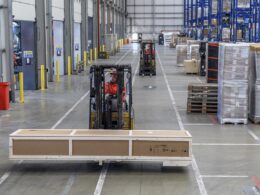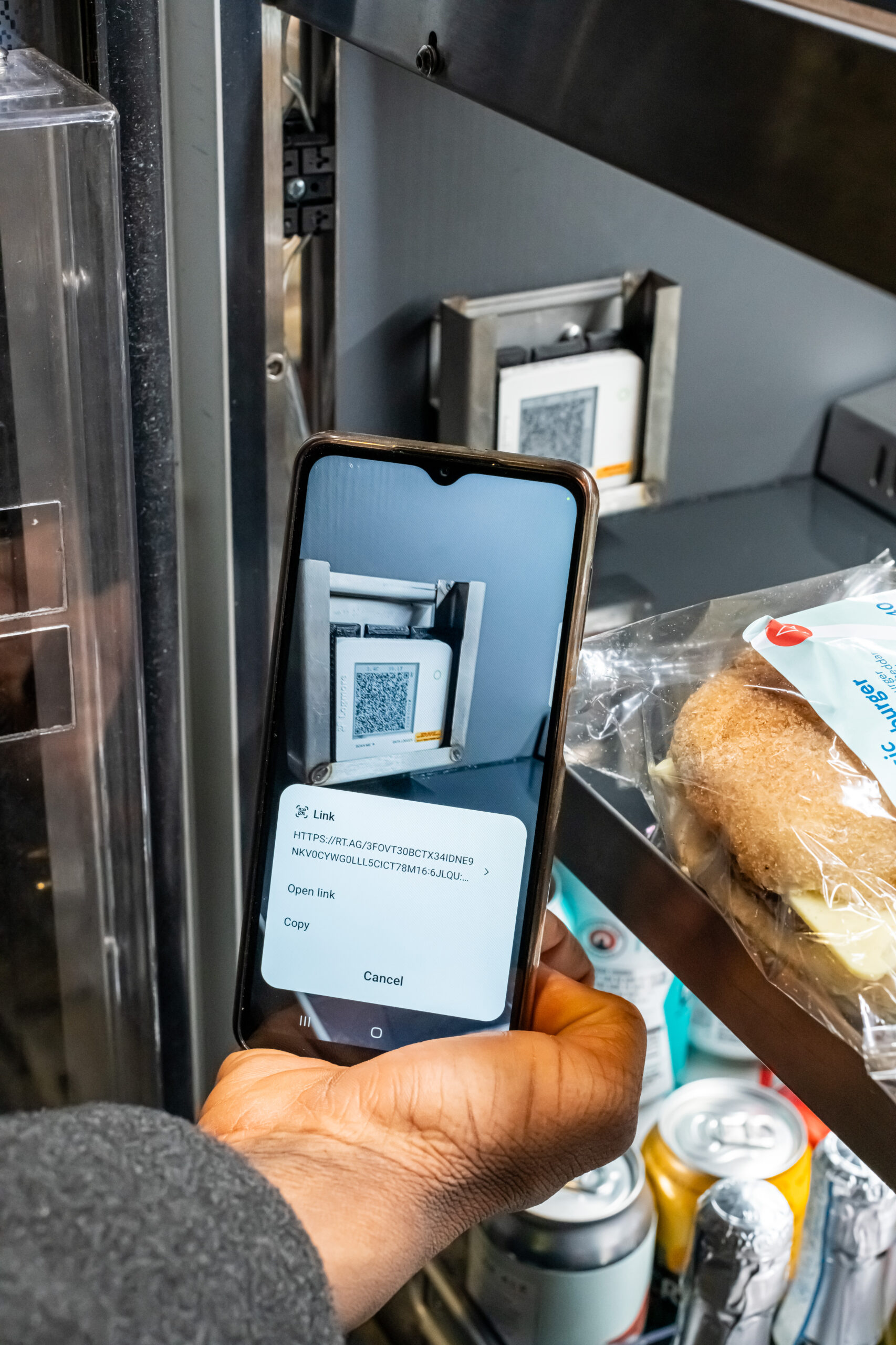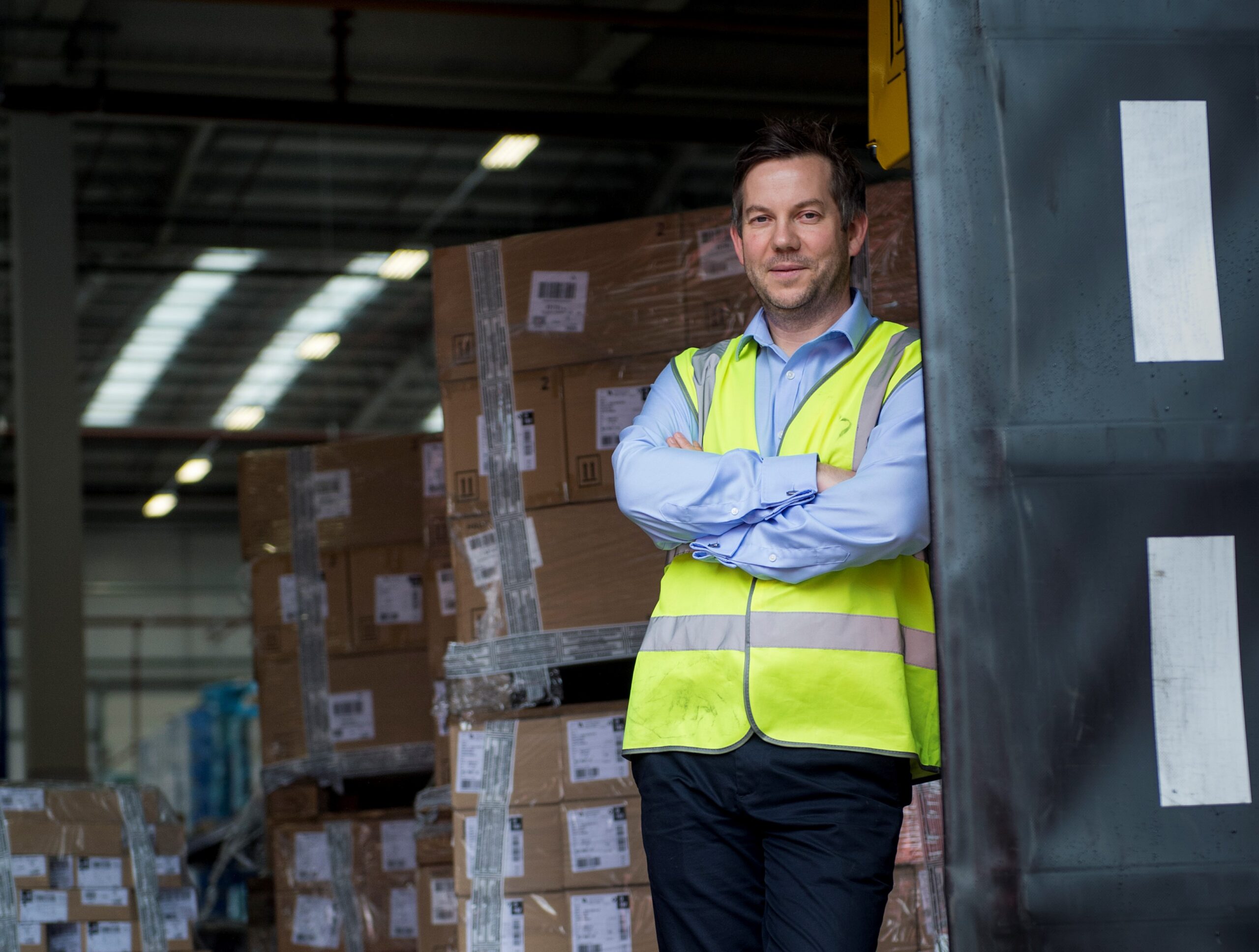Did you know that consumers in the UK spent £1.49 billion online last year on Black Friday? As the appetite for online shopping continues to grow, sales for this year’s shopping extravaganza are expected to surpass this total.
As retailers strive to foster customer loyalty with sales incentives, as well as free delivery and returns, the pressure to provide cost-effective and efficient fulfilment services also increases. This presents us with a number of challenges. If we are to meet the consumer’s expectations we need to minimise the logistics costs, to do that we must find ways of accommodating the variety of growing parcel volumes. This often requires multiple handling of the deliveries, which in turn means we have to incorporate fast material handling concepts into our logistics operations.
With the UK committing to net zero emissions by 2050, the logistics industry needs to address how it can satisfy customer expectations and, at the same time, reduce emissions.
Data can be used to address many of the sustainability challenges currently facing the industry. Data lets us think differently about our approach – to innovate. For instance, it could be feasible to re-sell re-packaged products directly out of trucks rather than warehouses, and data could be used to coordinate delivery across many organisations thereby helping us to fill vehicles better.
Automation also has a role to play, in particular automated material handling could accelerate the supply chain reducing the amount of storage required and the associated carbon footprints. Computer simulations have shown that an accelerated supply chain incorporating high throughput material handling concepts can accommodate many more handling points, which enables vehicle fill to be maintained at higher levels for longer. This infers that we could use less vehicles to deliver more products in smaller orders and most importantly it would help to minimise the logistics carbon footprint. Fundamental changes to the way that the logistics sector operates could see zero emission vehicles delivering to small local hubs to reduce road time for example. Improvements to forecasting would reduce the need for inventory, but only if we could accelerate the supply chain through the application of automated material handling concepts.
In order to use data to reduce emissions and keep the UK at the leading edge of sustainability initiatives, organisations need to start thinking strategically.
Achieving zero road emissions by 2050 is not going to happen at the flick of a switch. Automated material handling has an important role to play in addressing the environmental challenge: accelerating the supply chain means that we can still meet customers delivery expectations whilst maximising vehicle fill. For many companies a logistics design incorporating high levels of automation feels like a distant reality, but addressing environmental concerns is becoming more urgent. Decisions have to be made now if we are to avoid irreversible climate change over the coming decades.
Do you know how your company could use data and automation to reduce emissions, whilst still meeting customer expectations?
By Professor Phil Greening, Deputy Director of the Centre of Sustainable Road Freight and board member of imio software














